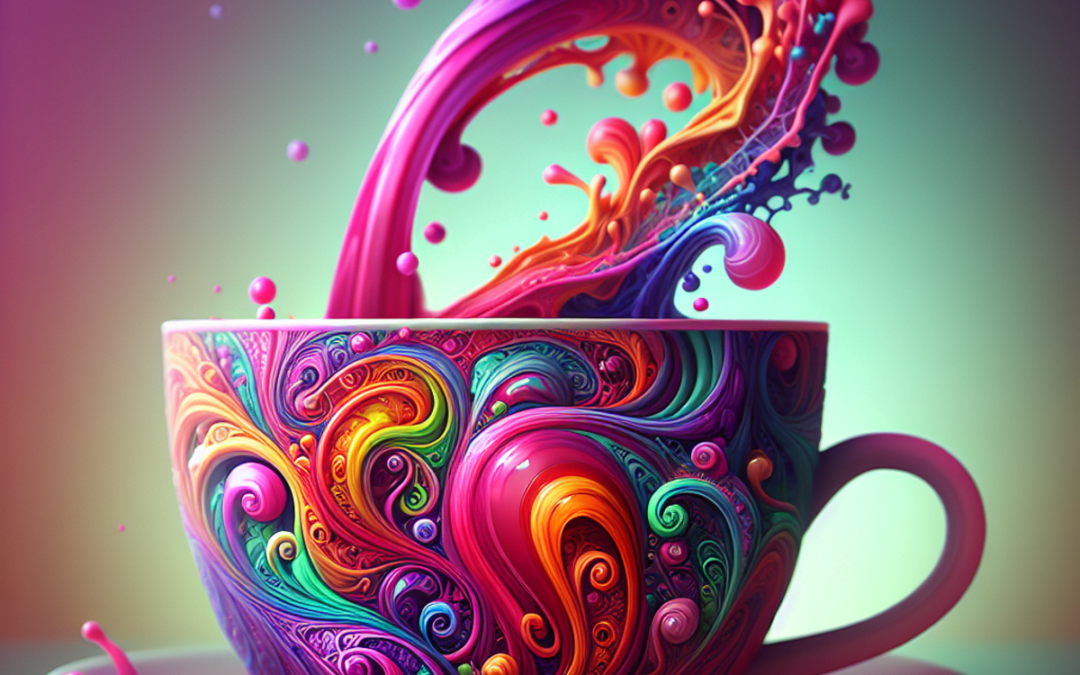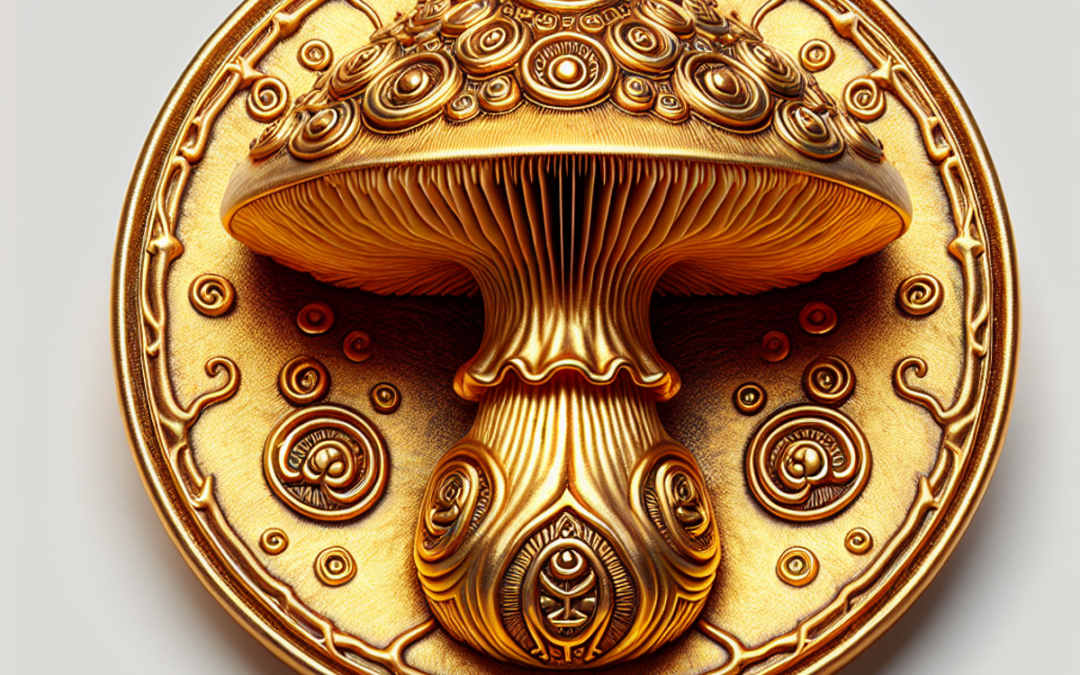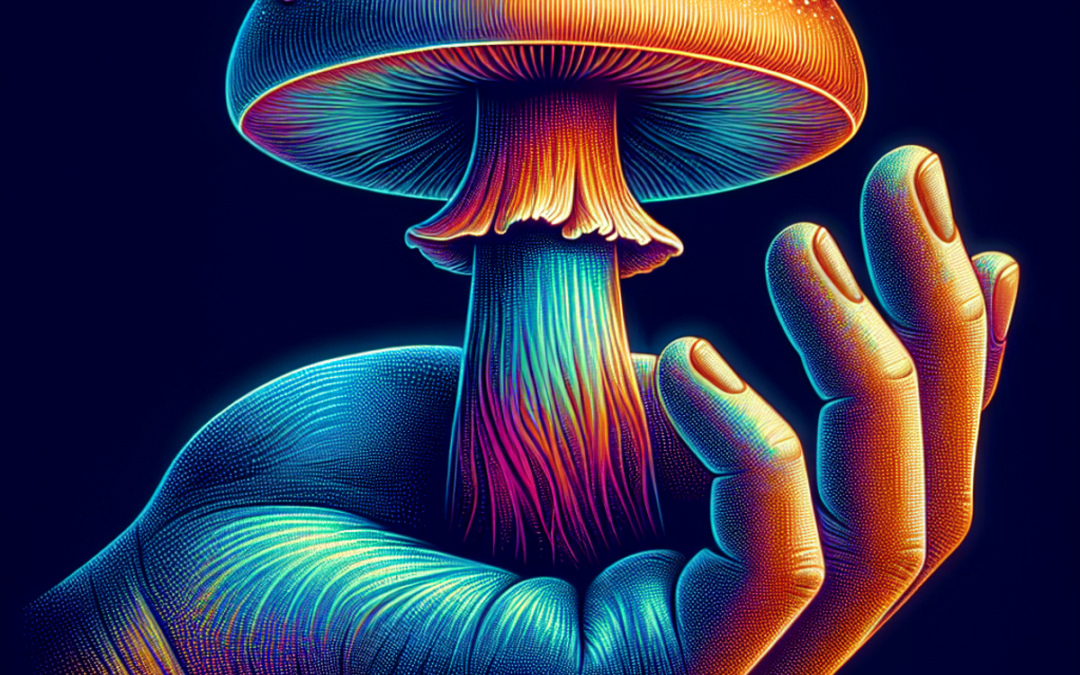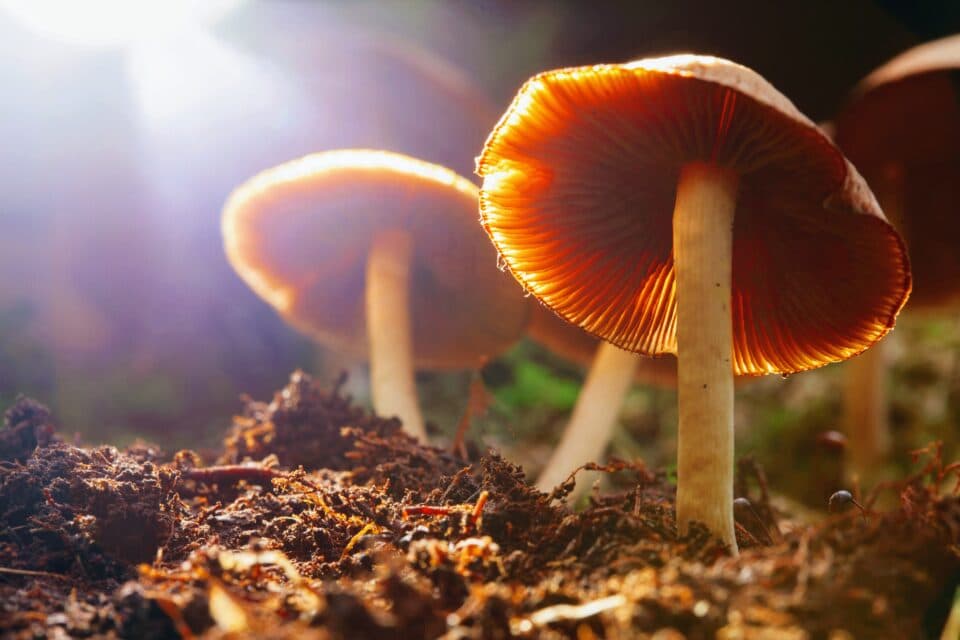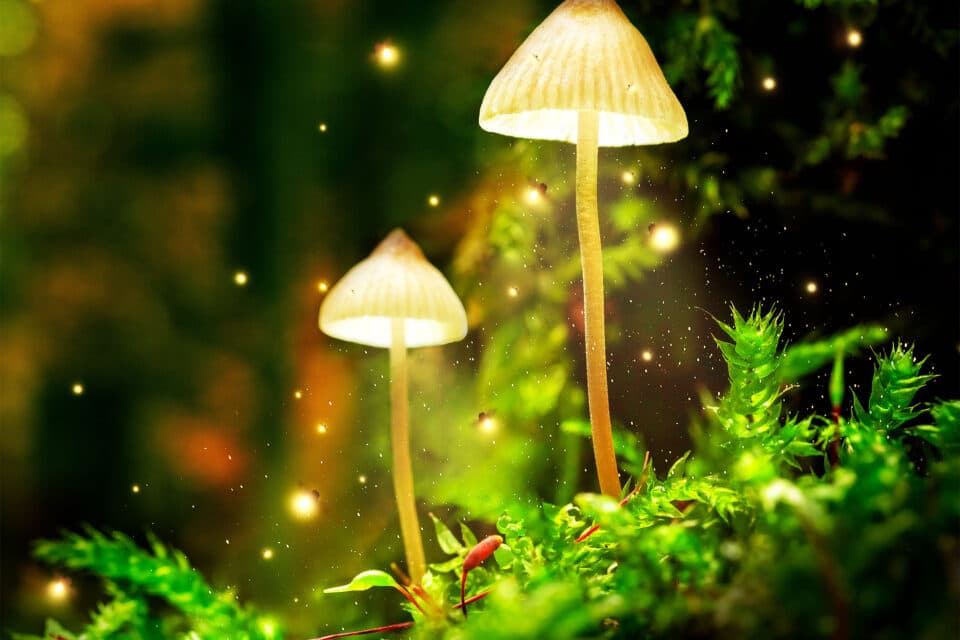“Magic mushrooms” is the term that is used to describe mushrooms that contain hallucinogens, usually psilocybin and psilocin. When people take magic mushrooms, they may see, hear or feel things that are not really there. A person who uses magic mushrooms may also experience other effects like anxiety, fear, nausea and muscle twitches. Use of magic mushrooms does not usually result in a substance use disorder.
About “magic mushrooms”
Magic mushrooms have been used for thousands of years. There are over 75 subtropical species of mushrooms. Since many species look alike, it can be hard to tell them apart. It is possible for people to consume poisonous mushrooms, mistaking them for magic mushrooms.
The natural, active ingredients in magic mushrooms are chemicals called psilocybin and psilocin. Both of these substances are controlled under Schedule III of the Controlled Drugs and Substances Act (CDSA), meaning activities such as sale, possession, production, etc. of these substances are prohibited unless autho1rized for clinical trial or research purposes under Part J of the Food and Drug Regulations. Psilocybin and psilocin are hallucinogens that produce effects similar to LSD. Therefore, individuals using magic mushrooms experience hallucinations and an altered state of consciousness. Effects appear within 15-45 minutes and usually last for four to six hours.
The strength of magic mushrooms can vary greatly. One mushroom may have different concentrations of the active ingredients compared to another and consequently the effects of the magic mushroom can depend on the dose and type of mushroom used.
Magic mushrooms may be sold as either dried whole mushrooms or as a powder. People may choose to take the mushrooms as:
- eaten raw or cooked
- drunk as a tea or as a mixture with a fruit juice
- sniffed up the nose (snorted) when in a powder
Psilocybin and psilocin can also be sold as a powder or in tablets or capsules and can be produced in illegal labs. These active ingredients, psilocybin and psilocin, can also be injected intravenously. The content of the drugs from illegal labs is not tested and may contain other dangerous substances.
Short term effects of “magic mushrooms”
Using magic mushrooms can lead to short-term mental and physical effects.
Mental effects
Emotions and senses may be heightened, and people may feel happy and creative. They may laugh or giggle a lot, and experience a sense of mental and emotional clarity.
Magic mushrooms can also cause hallucinations and affect people by:
- distorting their sense of reality (they see and hear things that are not there)
- mixing up their senses (they believe they can see music or hear colours)
- altering their sense of time
Some of the negative mental effects of taking psilocybin include:
- changes in mood
- light-headedness
- anxiety and panic attacks
- confusion and disorientation
- fear or paranoia
Physical effects
Taking magic mushrooms can produce:
- numbness, particularly in the face
- increased heart rate and blood pressure
- dry mouth, sometimes leading to nausea and vomiting
- muscle weakness and twitching, or convulsions
- exaggerated reflexes
- sweating and high body temperature, often followed by chills and shivering
- loss of urinary control
Long term effects of “magic mushrooms”
Currently, no studies have evaluated the long-term effects of repetitive use of magic mushrooms.
Risks related to recreational use of “magic mushrooms”
- What is commonly known as a “bad trip” may occur, particularly at high doses. These experiences may be frightening and may include paranoia, loss of boundaries and a distorted sense of self. Impaired judgement during these “bad trips” may lead to risk-taking behaviour, traumatic injuries and even death.
- In certain cases, users may experience frequent or overly intense psychedelic events that may induce abrupt “flashbacks”, i.e. reliving the previous experience.
- Co-use of magic mushrooms with substances such as cannabis and amphetamines elevates the risks of side effects
- For individuals predisposed to or with existing psychiatric conditions, there may be an elevated risk of side effects. This association is still being evaluated.
- For individuals with cardiac diseases, short term effects such as increased blood pressure and heart rate could be potentially harmful
Substance use disorders and withdrawal
There is little evidence that people can become physically or psychologically dependent on magic mushrooms.
However, it is possible to become tolerant to the drug’s effects with regular use. This may occur over several days of continued use. In this state, even high amounts of the drug will no longer produce the desired effect.
Therapeutic uses
Psilocybin is being studied for its potential to treat various conditions such as anxiety, depression, obsessive compulsive disorder and problematic drug use. It is important to note that these studies administered purified active ingredients, i.e. psilocybin, in clinically supervised settings.
Currently there are no approved therapeutic products containing psilocybin in Canada.


